7 DIY Remedies To Treat Acne Prone Skin During Summers
By: Priyanka Maheshwari Thu, 02 May 2024 6:08:10
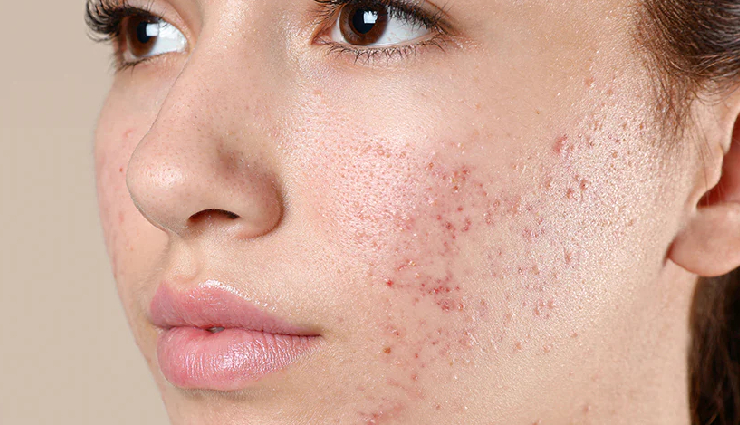
Acne-prone skin is a common dermatological condition characterized by the presence of acne, which includes pimples, blackheads, whiteheads, and sometimes deeper cysts or nodules. This skin type tends to be more susceptible to developing acne lesions due to various factors such as excess oil production, clogged pores, bacterial colonization, hormonal fluctuations, and inflammation.
People with acne-prone skin often experience frequent breakouts, particularly in areas with a higher concentration of sebaceous glands, such as the face, chest, and back. These breakouts can range from mild to severe and may lead to discomfort, self-consciousness, and even scarring if not properly managed.
Understanding the underlying causes of acne-prone skin is essential for effective treatment and management. While genetics play a significant role in determining one's susceptibility to acne, environmental factors, lifestyle choices, and skincare habits also contribute to its development.
Managing acne-prone skin typically involves a comprehensive approach that includes gentle cleansing, exfoliation, topical treatments, lifestyle modifications, and sometimes professional intervention. With consistent care and the right regimen tailored to individual needs, it's possible to minimize breakouts, reduce inflammation, and promote clearer, healthier skin.
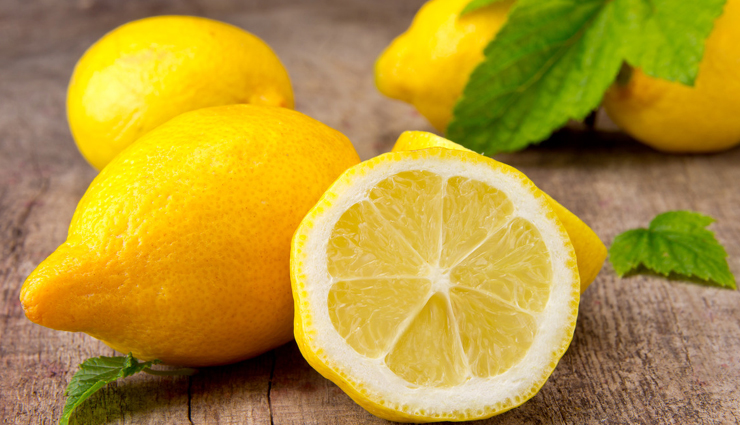
# Lemon Juice
Lemon juice contains citric acid, which may help exfoliate the skin and reduce acne. Apply diluted lemon juice to your skin using a cotton ball and leave it on for about 10 minutes before rinsing with lukewarm water. Do this once daily.
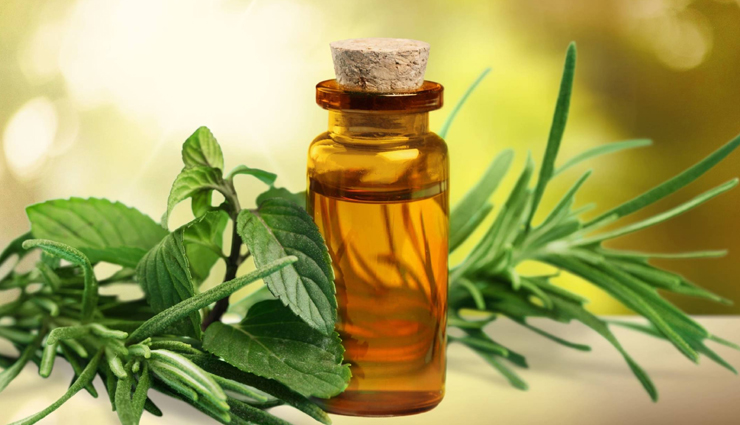
# Tea Tree Oil
Tea tree oil has antimicrobial properties that can help fight acne-causing bacteria. Dilute tea tree oil with water and apply it to your acne-prone areas using a cotton swab. Leave it on overnight and rinse off in the morning. Be cautious as tea tree oil can be irritating to some people, so perform a patch test first.
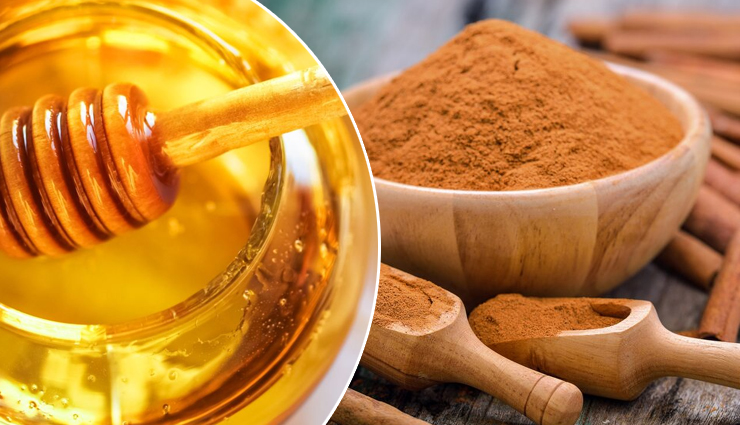
# Honey and Cinnamon Mask
Mix honey and cinnamon powder to form a paste and apply it to your face. Honey has antibacterial properties, while cinnamon can help reduce inflammation. Leave the mask on for about 10-15 minutes before rinsing off with warm water.
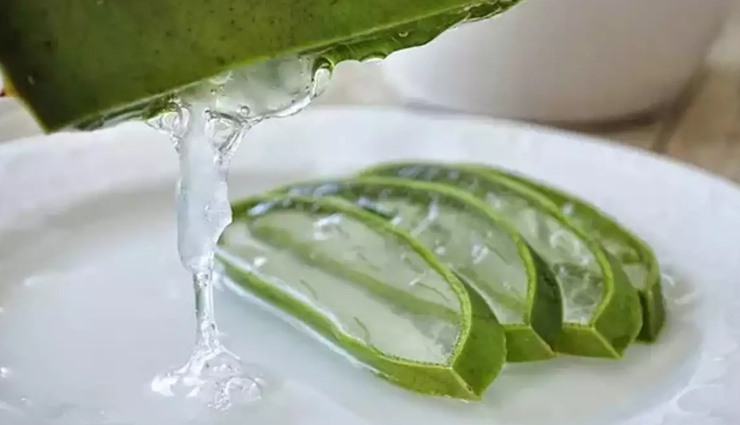
# Aloe Vera Gel
Aloe vera has soothing and anti-inflammatory properties, making it beneficial for acne-prone skin. Apply fresh aloe vera gel directly to your skin and leave it on overnight. Rinse off in the morning.
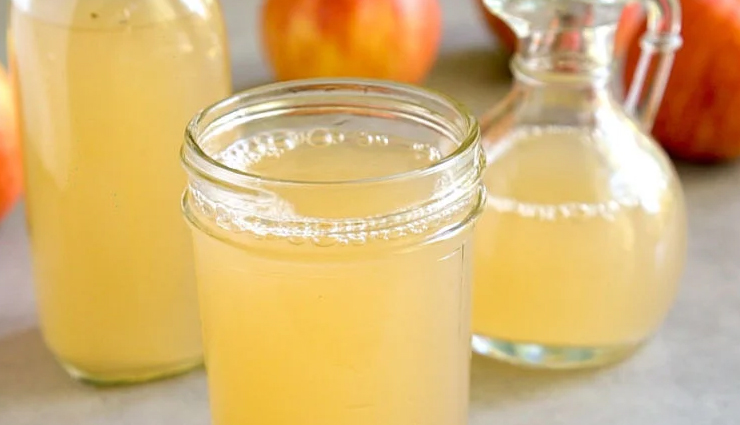
# Apple Cider Vinegar Toner
Dilute apple cider vinegar with water (1 part vinegar to 3 parts water) and use it as a toner after cleansing your face. Apple cider vinegar helps balance the skin's pH and has antimicrobial properties.

# Oatmeal Mask
Oatmeal can help absorb excess oil and soothe irritated skin. Cook plain oatmeal according to package instructions, let it cool, and apply it to your face. Leave it on for about 15-20 minutes before rinsing off with lukewarm water.

# Green Tea
Green tea contains antioxidants and anti-inflammatory properties that may help reduce acne. Brew green tea, let it cool, and use it as a facial toner or apply green tea bags directly to acne-prone areas for a few minutes.





